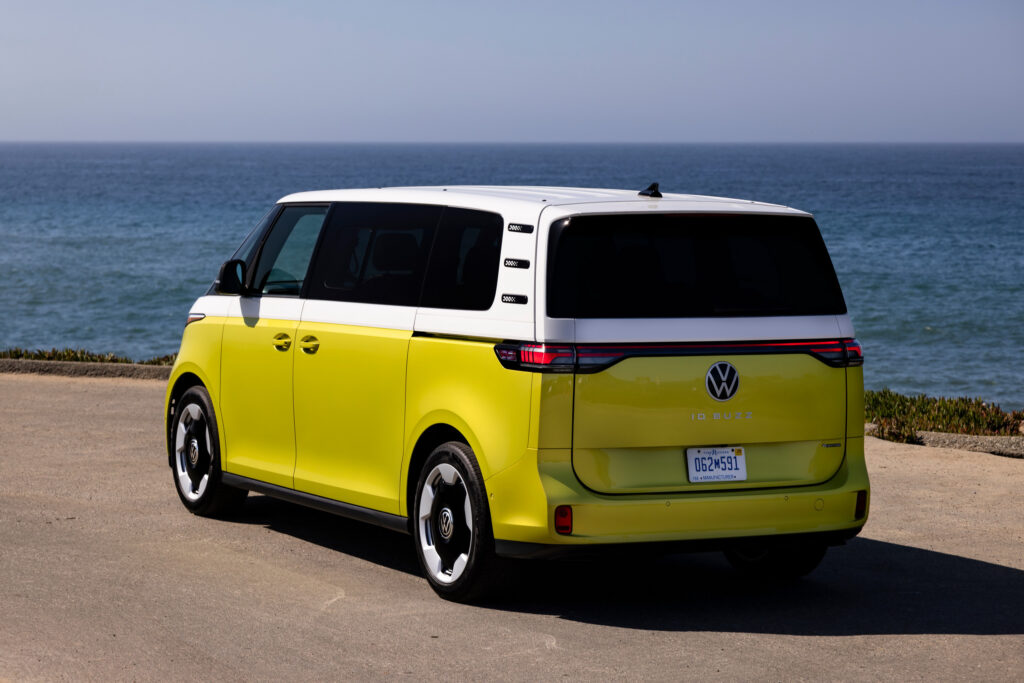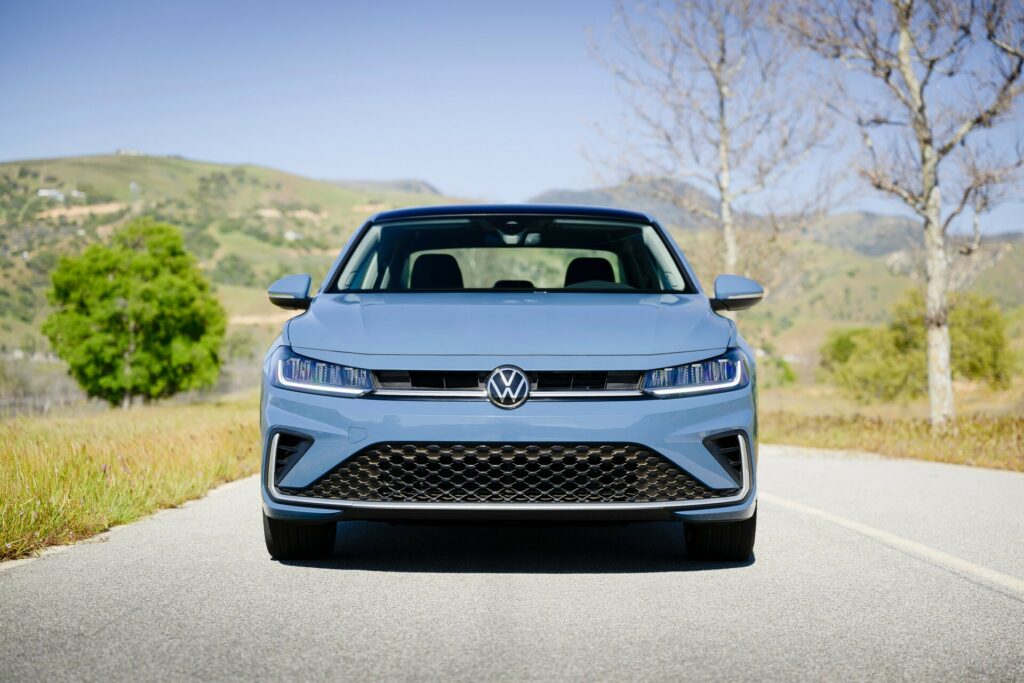VW Doesn’t Think Its Capacitive Buttons Deserve A Day In Court
- VW faces a lawsuit over ID.4 steering wheel touch button safety issues.
- Drivers claim light contact can trigger ACC and cause sudden acceleration.
- One plaintiff says her EV struck a tree after brushing the ACC button.
Several months after VW was sued in the United States over claims the capacitive steering wheel buttons of the ID. 4 pose a safety risk, the company has filed a motion to dismiss.
A case like this can gather momentum long before it reaches a courtroom, so VW is trying to shut it down before it turns into a long, expensive tangle.
Read: VW Drivers Say They’re Terrified Of Touching Their Steering Wheels, So They’re Suing
The class-action lawsuit, filed in the U.S. District Court for the District of New Jersey, argues that drivers can inadvertently trigger Adaptive Cruise Control with a light pass of the hand over the steering wheel’s capacitive controls.
The two plaintiffs named in the lawsuit say they are “terrified and hesitant” to drive their vehicles because of this risk.
What Does VW Say?

While no doubt inadvertently engaging a vehicle’s Adaptive Cruise Control system could be a little unnerving, VW has noted that neither of the two plaintiffs has had to stop driving their vehicles because of the alleged fault.
One plaintiff, Janice Beecher, says she brushed the ACC button while pulling into a parking space, claiming the ID.4 then accelerated and struck a tree. VW counters that Beecher never stated she applied the brakes during the incident.
The company adds that although Beecher reported the issue, the ID.4’s event data recorder did not capture any sign that the event occurred.
As for the second plaintiff, Omar Hakkaoui, he says his wife damaged their ID.4 after it suddenly accelerated in their driveway. However, according to VW, Hakkaoui has not claimed that his wife touched the ACC controls on the steering wheel.

The German automaker argues that the class action’s warranty claims fall short and that the plaintiffs have not clearly identified the defect they believe affects the electric crossover.
It also maintains that the lawsuit should not go forward as a class action because the plaintiffs live in Massachusetts and Connecticut and cannot represent owners who live outside those states.

